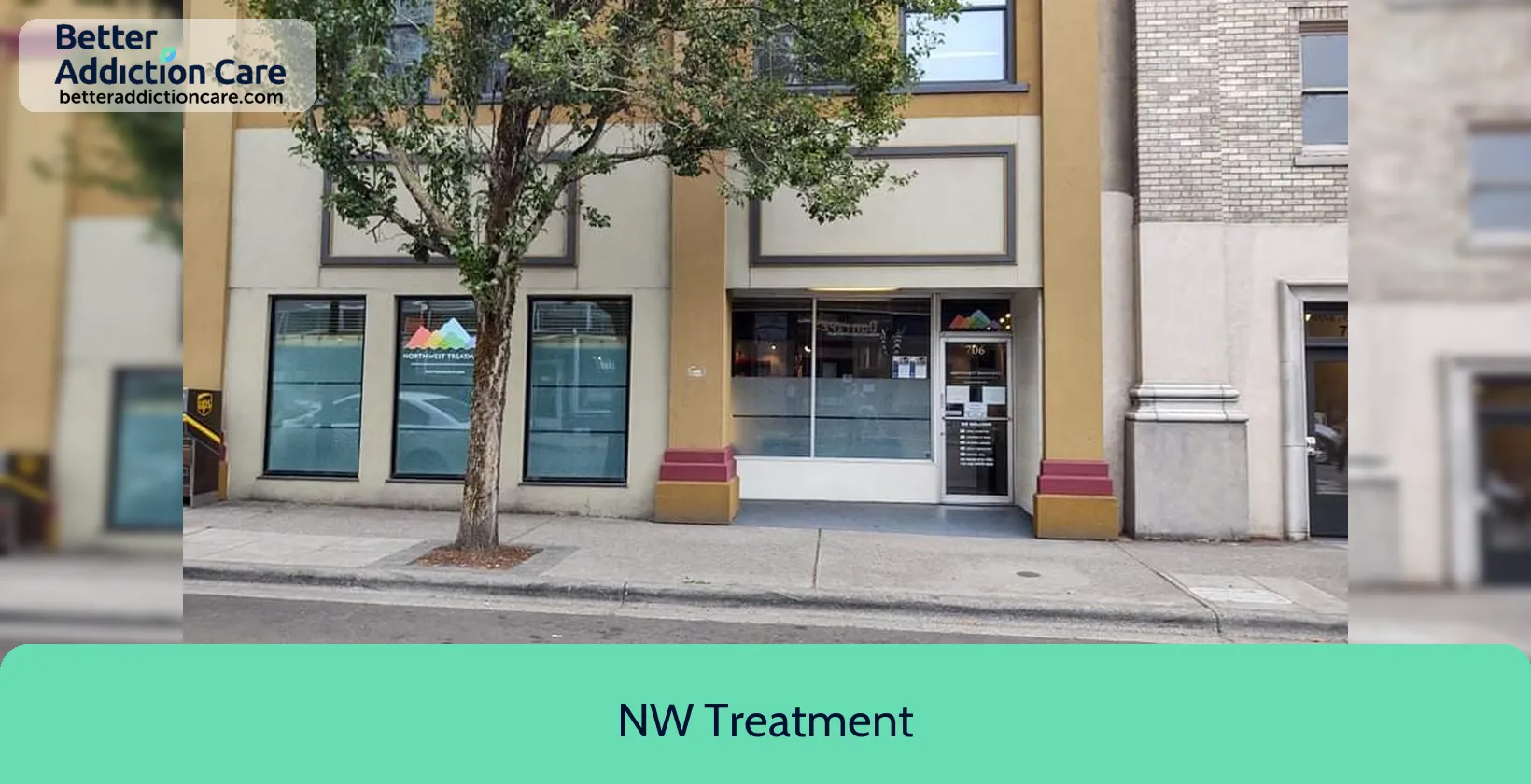Cascadia Behavioral Healthcare - Pearl House Residential Treatment Facility

Overview
Cascadia Behavioral Healthcare - Pearl House Residential Treatment Facility is a mental health treatment center for people seeking treatment near Clackamas County. As part of their treatment modalities for recovery, Cascadia Behavioral Healthcare - Pearl House Residential Treatment Facility provides group counseling, cognitive behavioral therapy, and dialectical behavior therapy during treatment. Cascadia Behavioral Healthcare - Pearl House Residential Treatment Facility is located in Oregon City, Oregon, accepting medicaid for treatment.
Cascadia Behavioral Healthcare - Pearl House Residential Treatment Facility at a Glance
Payment Options
- Medicaid
- Medicare
- State-financed health insurance plan other than Medicaid
- Private health insurance
- State mental health agency (or equivalent) funds
Assessments
- Screening for tobacco use
- Comprehensive mental health assessment
Age Groups
- Seniors or older adults
- Young adults
- Adults
- Seniors
Ancillary Services
- Case management service
- Diet and exercise counseling
- Illness management and recovery
- Psychosocial rehabilitation services
- Suicide prevention services
Highlights About Cascadia Behavioral Healthcare - Pearl House Residential Treatment Facility
6.68/10
With an overall rating of 6.68/10, this facility has following balanced range of services. Alcohol Rehabilitation: 8.00/10, Drug Rehab and Detox: 6.00/10, Insurance and Payments: 6.00/10, Treatment Options: 6.73/10.-
Alcohol Rehabilitation 8.00
-
Treatment Options 6.73
-
Drug Rehab and Detox 6.00
-
Insurance and Payments 6.00
Treatment At Cascadia Behavioral Healthcare - Pearl House Residential Treatment Facility
Treatment Conditions
- Mental health treatment
Care Levels
- Hospital inpatient treatment
Treatment Modalities
- Group counseling
- Cognitive behavioral therapy
- Dialectical behavior therapy
- Integrated Mental and Substance Use Disorder treatment
- Activity therapy
Ancillary Services
Special Programs
- Clients with co-occurring mental and substance use disorders
- Persons 18 and older with serious mental illness (SMI)
Get Help Now
Common Questions About Cascadia Behavioral Healthcare - Pearl House Residential Treatment Facility
Contact Information
Other Facilities in Oregon City

6.89

6.80

6.97

6.76
Browse rehab centers near Oregon City and in other cities across Oregon
DISCLAIMER: The facility name, logo and brand are the property and registered trademarks of NW Treatment, and are being used for identification and informational purposes only. Use of these names, logos and brands shall not imply endorsement. BetterAddictionCare.com is not affiliated with or sponsored by NW Treatment.
